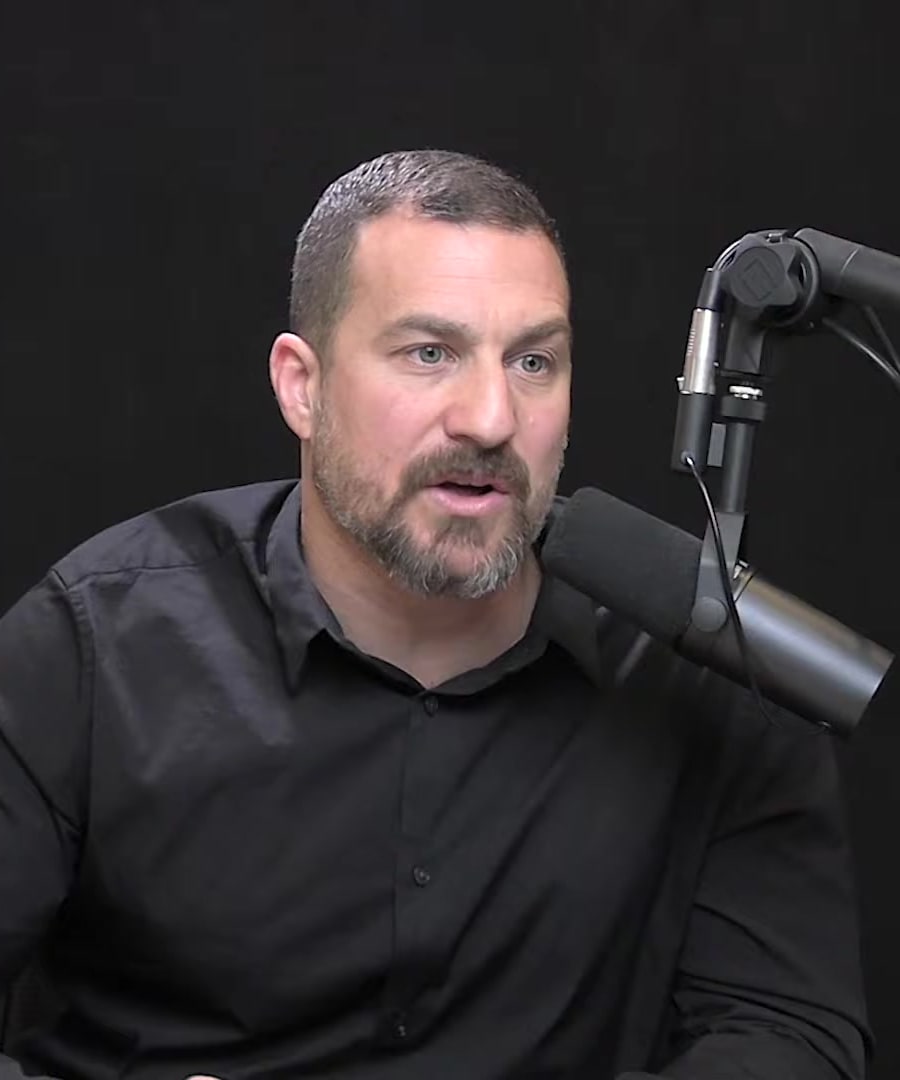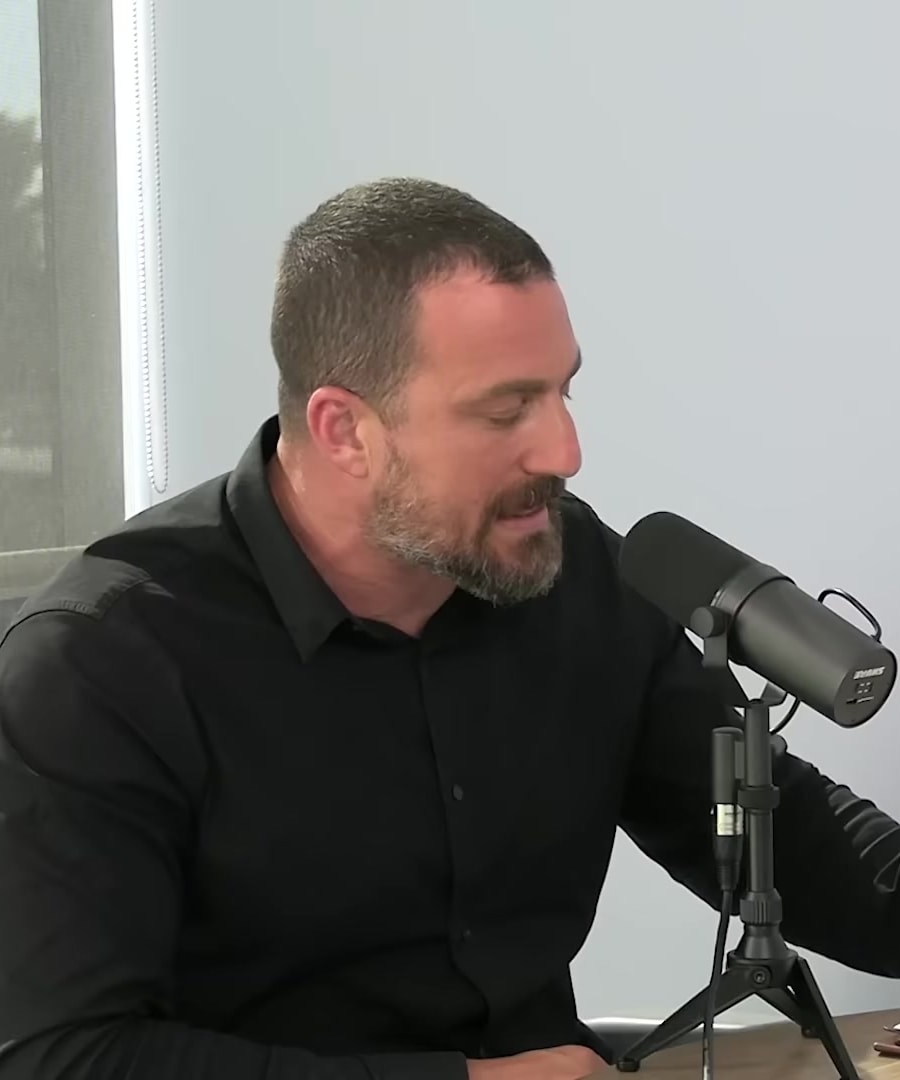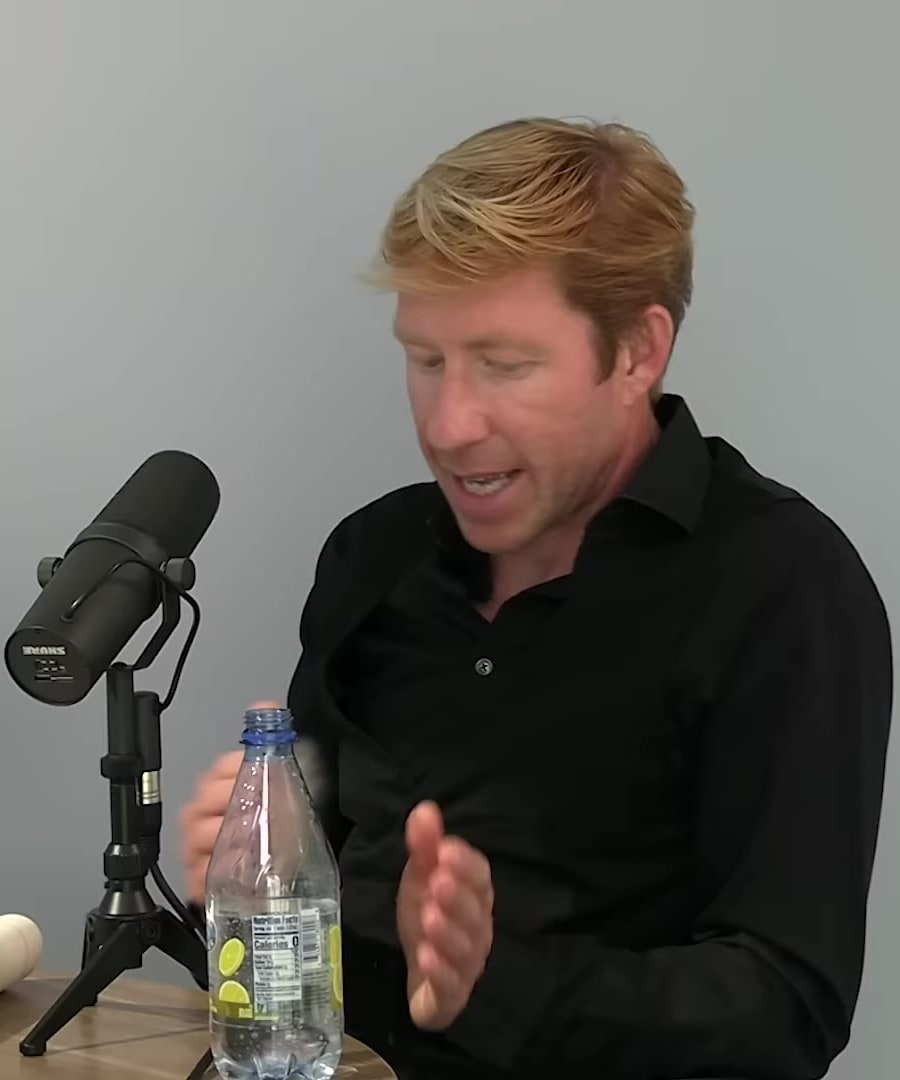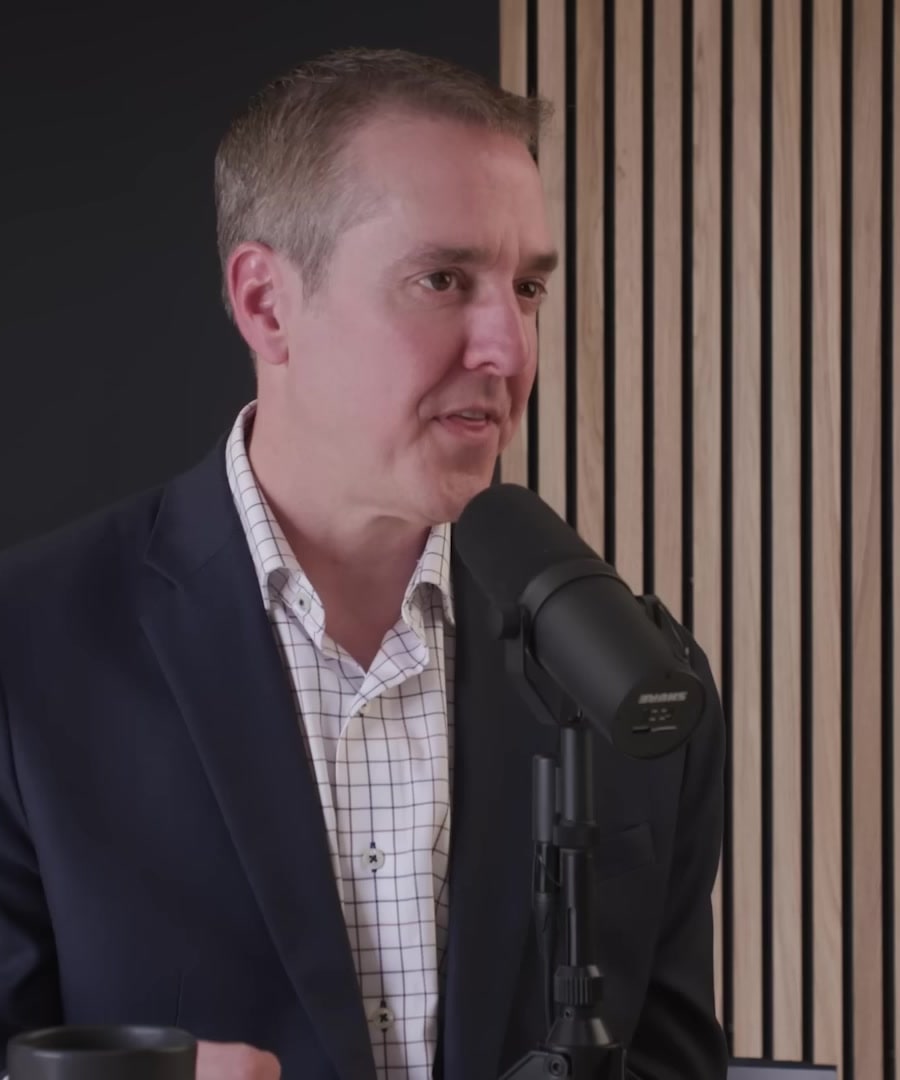How does Marijuana disrupt your sleep?
Sources:
Marijuana, particularly its THC component, can disrupt sleep patterns and must be used mindfully regarding sleep.
Here are the main ways THC can affect sleep:
-
Disruption of Sleep Architecture: Consumption of THC induces a sleep state that can be disruptive to natural sleep patterns [1 ]. It affects both the sleep depth and the overall sequence of sleep stages, with more slow-wave sleep early in the night and more REM sleep later [1 ] [2 ].
-
Impact on REM Sleep: THC can significantly block REM sleep, leading to a lack of dream recall among regular users. When they stop using THC, they may experience intense dreams due to a REM sleep rebound effect [2 ] [3 ].
-
Withdrawal Dependency: Over time, users of THC can develop a dependency, requiring more to achieve the same sleep benefits. Ceasing use can result in severe rebound insomnia, which is a significant withdrawal symptom from THC [3 ].
-
Mitochondrial Function: THC impairs mitochondrial function in the brain. Chronic consumption of THC can harm overall mental and metabolic health due to the damage to mitochondria in brain cells [4 ].
Overall, while THC might help some people fall asleep faster, it alters the natural sleep cycle leading to suboptimal rest and potential dependency or withdrawal issues. It's essential to consider these effects when using marijuana, especially regularly, for sleep.
RELATED QUESTIONS-
How does Marijuana disrupt your sleep?
- RELATED QUESTIONS



